Unlocking the Thrills and Trials of Summer Vacation
The EDGE offers some mental health tips for both parents and teens
Ah, summer vacation—a time of endless possibilities, sunny adventures, and carefree days. For many teens, this break from the rigors of school brings excitement and relief. However, for those grappling with mental health challenges, summer vacation can be a double-edged sword, offering both opportunities for growth and moments of intense struggle.
Navigating the ups and downs of teenage mental health during the summer months requires a delicate balance of understanding, support, and proactive engagement. For parents and teens, The EDGE is there as a partner to address these challenges head-on, recognizing the importance of providing resources and guidance for teens and their families.
The Excitement:
Summer vacation holds the promise of freedom and exploration. Teens eagerly anticipate the chance to break free from the constraints of school schedules and homework assignments. Whether it's embarking on a road trip with friends, trying out a new hobby, or simply enjoying lazy days at the beach, the summer months offer countless opportunities for excitement and adventure.
For teens dealing with mental health issues, summer vacation can provide a much-needed respite from the stressors of academic life. With fewer academic demands and more time for self-care, teens may find it easier to prioritize their mental well-being during the summer months. Engaging in activities they enjoy and spending time outdoors can have a positive impact on their mood and overall outlook.
The Challenges:
However, the freedom of summer vacation can also pose challenges for teens struggling with mental health issues. Without the structure and routine provided by school, they may feel adrift and uncertain about how to fill their days. Feelings of loneliness, isolation, and boredom can intensify during this time, exacerbating existing mental health concerns.
Moreover, the pressure to make the most of summer vacation can create added stress for teens already grappling with anxiety or depression. Social media platforms often amplify this pressure, bombarding teens with images of seemingly perfect summer experiences. Comparing themselves to others can lead to feelings of inadequacy and self-doubt, further impacting their mental well-being.
The EDGE Program: A Beacon of Support:
Recognizing the unique challenges faced by teens during the summer months, The EDGE Program is committed to providing support and resources tailored to their needs. As an advocate for teen mental health, The EDGE understands that proactive intervention and support can make a significant difference in the lives of young people.
Through a combination of educational initiatives, community outreach, and personalized support services, The EDGE empowers teens and their families to navigate the complexities of mental health with confidence and resilience. By fostering open dialogue and providing access to resources, they aim to create a supportive environment where teens feel empowered to seek help when needed.
Tips for Parents:
For parents navigating summer vacation with a teen struggling with mental health issues, The EDGE offers the following tips:
Maintain Open Communication: Encourage your teen to express their feelings and concerns openly. Create a safe space for them to share their thoughts without fear of judgment.
Establish Routine: While summer vacation offers freedom, maintaining a sense of routine can help provide structure and stability. Work with your teen to create a schedule that includes time for relaxation, socializing, and self-care.
Encourage Meaningful Activities: Help your teen explore activities that bring them joy and fulfillment. Whether it's volunteering, pursuing creative interests, or engaging in physical exercise, encourage them to find activities that resonate with their interests and values.
Monitor Screen Time: Limit excessive screen time, particularly on social media platforms that may exacerbate feelings of inadequacy or comparison. Encourage offline activities that promote connection and engagement with the world around them.
Seek Professional Support: If your teen is struggling with mental health issues, don't hesitate to seek professional support. The EDGE Program offers a range of resources and support services to help teens and their families navigate these challenges with confidence.
Embracing the Journey:
We all know that navigating the world with your teen can be challenging, and even scary at times, but the most important thing to remember is that through good communication, many of these moments can be caught on the front-end for a successful outcome. And as always, The EDGE is always there to support our parents and our teens in the community, no matter what the summer or any season brings. Top of Form
If you have questions regarding resources or mentoring, please give us a call at 423-775-0019.
If you, your teen, or anyone else is experiencing a mental health crisis, you can call or text 988 and press 0 to be routed immediately to a crisis counselor. Callers can receive free 24/7 access to trained crisis counselors who can help people experiencing mental health-related distress. That could be:
· Thoughts of suicide
· Mental health or substance use crisis, or
· Any other kind of emotional distress
988 Serves as a universal entry point so that no matter where you live, you can reach a trained crisis counselor who can help. Want to learn more about 988?
Visit 988lifeline.org.
